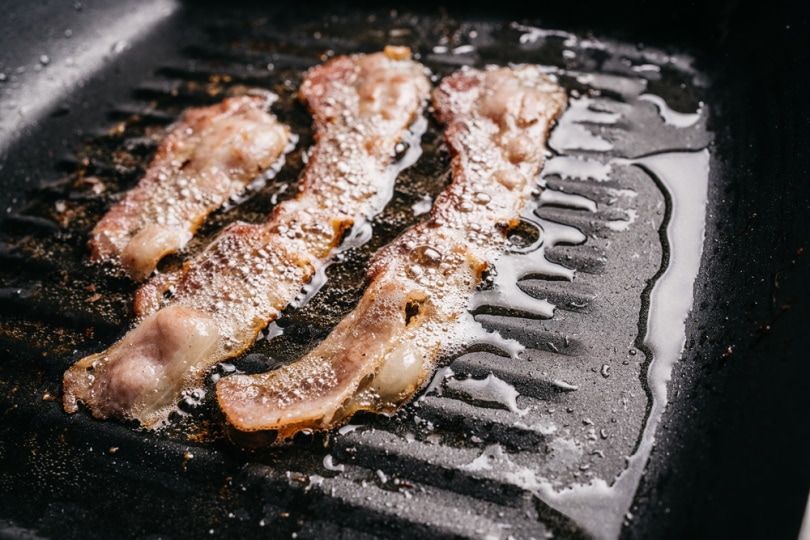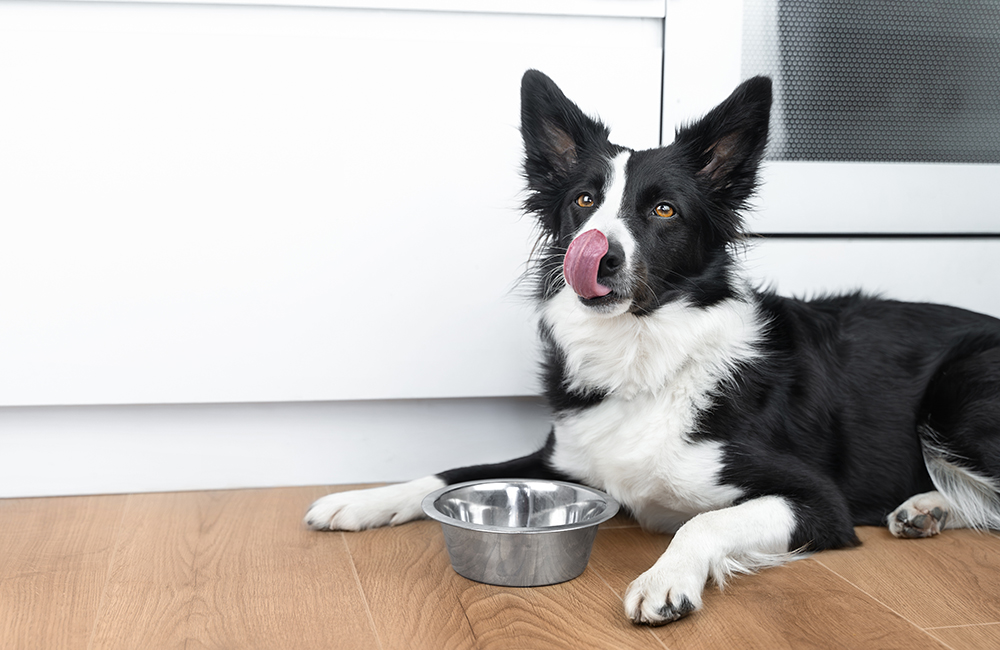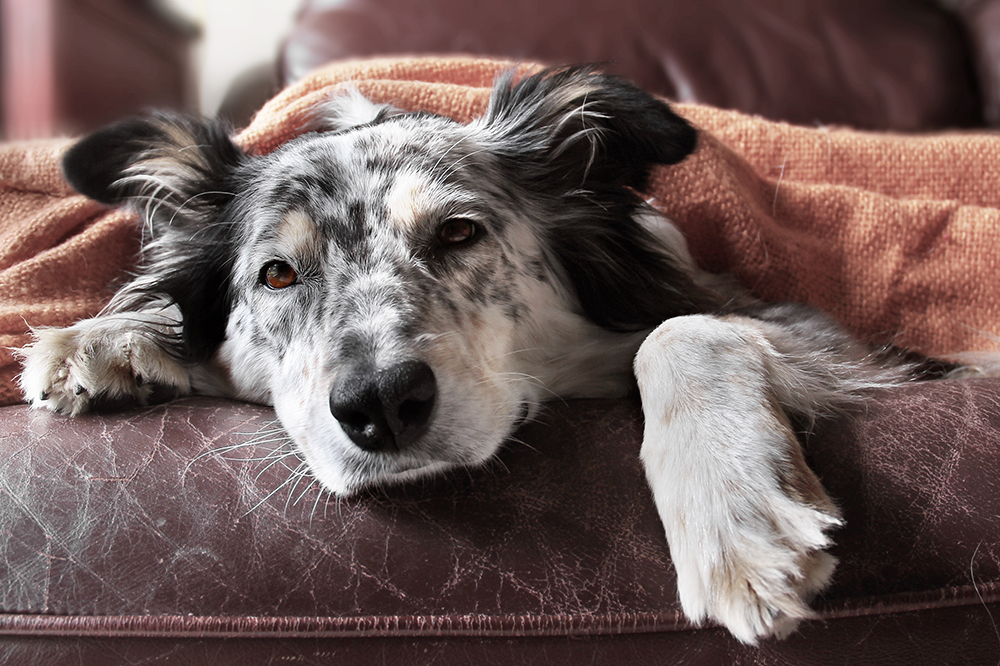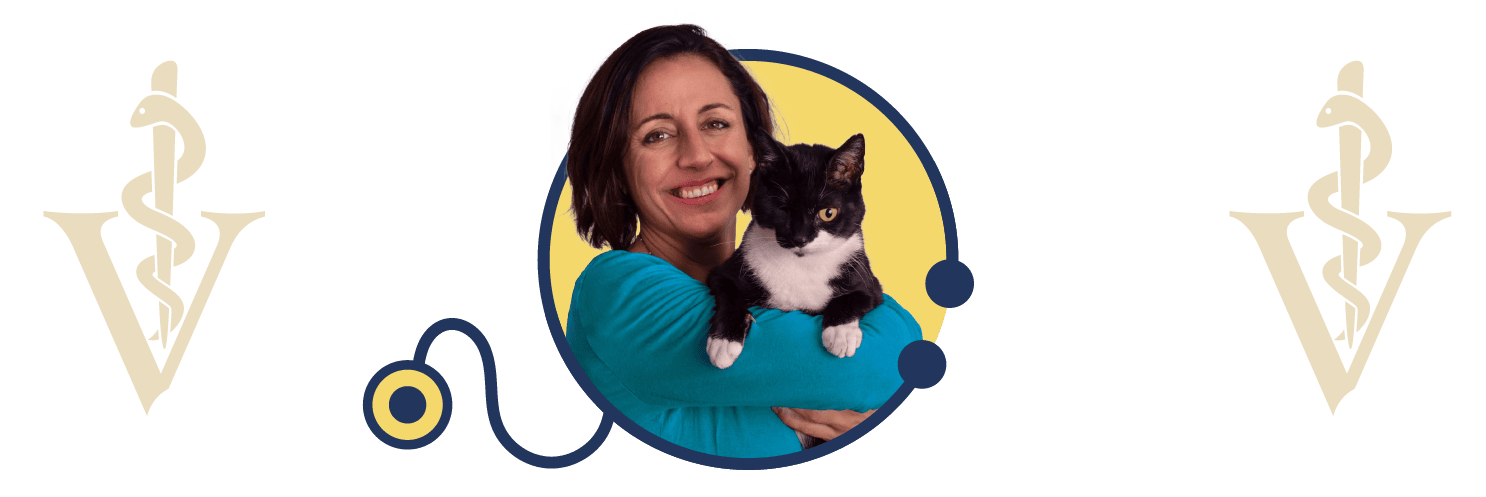My Dog Ate Grease: Our Vet Explains Potential Risks, Signs & Next Steps

We’re all guilty of indulging in a greasy meal now and then, but we’re unlikely to lose control of ourselves and devour the contents of the grease tray. Our dogs, on the other hand, won’t hesitate to scarf down as much greasy goodness as they can.
Although cooking grease is typically not toxic for your dog, it can send them on a journey of gastrointestinal discomfort and pain, with a chance of vomiting and diarrhea. A few little licks are no cause for alarm, but if your dog has managed to consume more than a mouthful, we would recommend you get in touch with your vet.
The severity of the effects of eating grease will greatly depend on the amount of grease ingested, the size of your dog, and any health conditions they may have.


My Dog Ate Grease – Now What?
Cooking grease usually refers to the residue left over after cooking a fatty or oily meal. It might come from the food itself, like bacon or sausages, or from ingredients like shortening (e.g., Crisco), butter, oil, or lard. It may not look particularly appetizing, but to most dogs, it will smell and taste delicious.
A healthy canine diet should contain some fat—around 5% of their diet, to be more precise—but not in the form of grease left in the pan after a breakfast fry-up, and certainly not in any significant volume. Aside from the risk of obesity from regularly consuming too much fat, there are some short-term side effects—some mild, some severe—that could result from eating grease.


Gastrointestinal Upset
Any amount of grease can trigger an upset stomach for your dog, but the more they consume, the more severe the signs are likely to be, including:
- Nausea (licking lips, salivating)
- Inappetence
- Bloating
- Borborygmi (gurgling belly)
- Flatulence
- Abdominal discomfort (difficulty getting comfortable, assuming the “prayer position”)
- Abdominal pain (flinching or crying when touched)
- Vomiting
- Diarrhea
Pancreatitis
The pancreas plays an important role in the digestive process by producing enzymes that help to break down food. If this organ becomes inflamed, these digestive enzymes can be released before they reach the intestines, causing the pancreas to effectively digest itself, which is about as painful as it sounds. One of the main causes of pancreatitis is the ingestion of rich, fatty foods, and grease is about as rich and fatty as you can get.
Mild pancreatitis can often be managed with supportive fluids and medication, with more severe cases requiring extended hospitalization. Many dogs that have suffered from severe pancreatitis sustain permanent damage to the organ, making them more susceptible to future episodes. In some cases, pancreatitis can result in necrosis (death) of pancreatic tissue and surrounding structures, sepsis, and death.


Hemorrhagic Gastroenteritis (HGE)
A more severe form of gastrointestinal upset, HGE is differentiated by the presence of blood in the diarrhea and/or vomit. It is thought to be linked to a bacterial infection that attacks the lining of the gut, but dietary indiscretions, like eating grease, can also trigger a case of HGE.


Will My Dog Need Treatment?
If your dog has only eaten a tiny amount of grease or is showing only mild gastrointestinal signs, your vet may recommend gut rest and monitoring at home. Gut rest usually consists of withholding food for 24 hours while providing plenty of clean, fresh water. For puppies, withholding food is not usually recommended for more than 6 to 12 hours, so offering a bland diet of plain boiled chicken and rice may be advised.
If your dog has ingested a large amount of grease or has a history of pancreatitis, gastrointestinal problems, or any other significant illness, your vet may want to induce vomiting to reduce the amount of fat absorbed into the bloodstream and prescribe medications to protect the gastrointestinal lining and minimize the effects of inflammation, nausea, and pain. Do not attempt to make your dog vomit at home; this should only be done under the direct instruction of your vet.
Dogs showing more pronounced signs of gastrointestinal distress will usually be admitted to the hospital for intravenous fluid therapy, anti-nausea medications, gastroprotectants, and other supportive treatments to try to minimize the effects.
If you aren’t sure if your dog has eaten enough grease to need medical attention, you should phone your veterinary practice or reach out to an online vet for advice.
💛 🐶 Speak To a Vet Online From the Comfort of Your Couch!


If you need to speak with a vet but can’t get to one, head over to PangoVet. It’s an online service where you can talk to a vet online and get the personalized advice you need for your pet — all at an affordable price!
What About Engine Grease?
While engine grease is decidedly less appetizing than the cooking variety, there will always be dogs that feel the need to try to eat the inedible, or they might ingest some while grooming their fur.
In most cases, the lubricating grease found on car parts will be harmless, but it could cause mild gastrointestinal signs. It is unlikely that your dog will ingest enough to cause any significant reaction.
More dangerous items to be found in the garage include:
- Petroleum-based products like crude oil, gasoline, diesel, kerosene, naphtha, or other hydrocarbon mixtures. These can cause respiratory and gastrointestinal distress, neurological signs, or even death (rare in dogs and cats).
- Ethylene glycol (antifreeze): Most commonly found in radiator fluid, antifreeze toxicity is almost always fatal, causing neurological deficits, swelling of the brain, and irreversible kidney failure.


Final Thoughts
In the majority of cases, a small amount of grease is unlikely to cause your dog any major harm. However, if you have a very small dog, a large amount of grease, an underlying health condition, or a history of pancreatitis, this could be classed as an emergency. If in doubt, do not hesitate to speak to a vet for further advice.’
Featured Image Credit: Artit Wongpradu, Shutterstock



